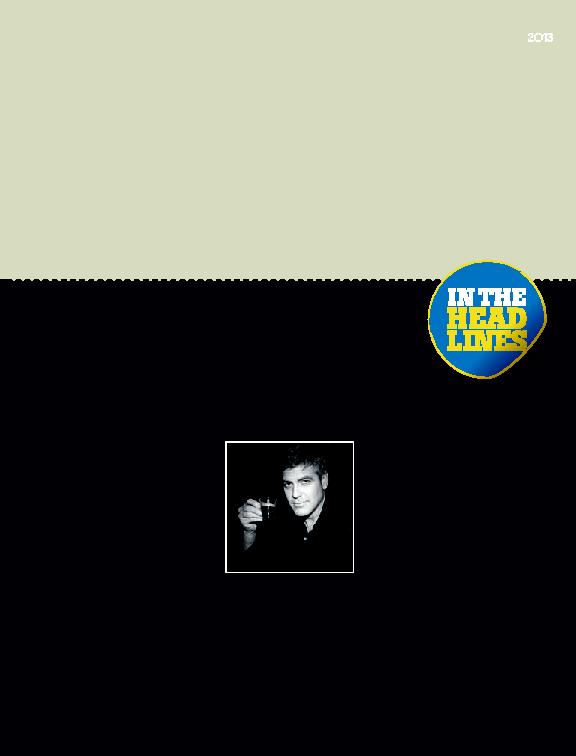
them at higher prices to more developed nations. FEED,
for example, builds donations into the price of the product.
FEED partners with the World Food Program and UNICEF.
However, that may not be the case with every company using
this model. There are smaller non-pro
retail cost, sell the products, and return even more pro
if you want to pay extra for a trendy product, or donate di-
rectly to the organization that deals with the cause you
are seeking to help.
developing nations that use unique businesses to empower
local communities. SoleRebels is a great example. Founder
12 Female Entrepreneur who is changing the way we do
business. SoleRebels sources all their materials locally, uses
recycled eco-friendly materials and has sought to keep
local artisan traditions alive. In addition, they use local work-
ers, train them and empower them to improve their own
standard of living by using skills they already contain. As a
plus, SoleRebels is entirely fair trade, provides their workers
a living wage three times higher than the industry standard,
offers 100% medical coverage and gives employees access
to an education fund.
Still, you have options when considering the impact you want
to make in our world, and how you can best achieve that.
Choose to be more than trendy, choose to make a change.
hopes to advertise more than just coffee.
earns from starring in the commercials.
South Sudan to keep an eye on [Sudan president] Omar
al-Bashir," he said, in reference to his spy program, the
Satellite Sentinel Project.
happening in the African country.
recorded incriminating evidence of mass
atrocities. "The idea is, we're just going to
keep the pressure on," he said. "Turning the
lights on doesn't mean anything stops. But it
makes it harder, and that's our job."
puts out a statement saying that I'm spying on him and how
would I like it if a camera was following me everywhere I
went. And I go, `Well, welcome to my life Mr. War Criminal.' I
want the war criminal to have the same amount of attention
that I get. I think that's fair."
the north-south war in Sudan
before 2005," he told Parade
back in 2011. "I wasn't going
to stand on the sidelines."
protest he had organized outside the Sudan embassy.
Clooney and fellow actors Don Cheadle, Matt Damon and
energy on helping those suffering from
poverty.
of Bono's poverty fi ghting ONE Campaign and
is also on the Board of Trustees for the United
Way.
spotlight I've got that I can use elsewhere."
not have to worry about my career anymore."
priorities fi rmly in place. That he fi nds it "liberating" address-
ing an issue long placed in the too hard basket (aka geno-
cide) says as much about his insight as his courage.